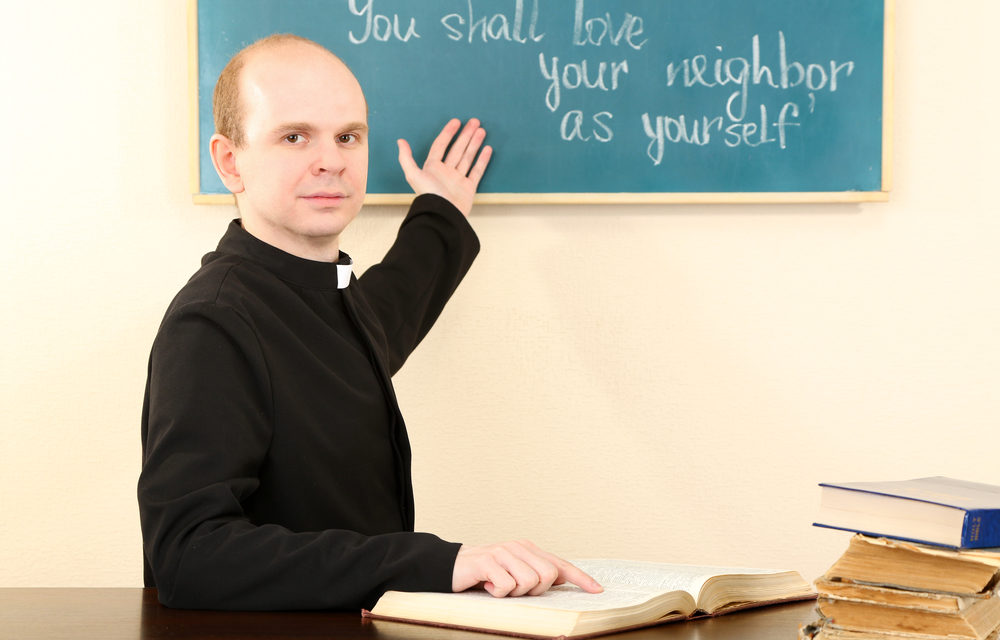What do you talk about when your children ask about religion? What kind of lessons do you share? Do you send them to Sunday School and expect that to be enough? When it comes to teaching religion, are you being honest with your kids?
Religion can be a touchy subject when discussed among adults. When it comes to children, it can be life-altering in good and bad ways. Children can be turned off to religion and to their faith if we are not honest and open about things.
This can be difficult. I can’t imagine trying to explain the important role of priests with the news reports of pedophilia scandals. Television news showed Christian churches marching and aiming all sorts of vitriolic remarks at homosexuals while I was preaching about loving your neighbor. My oldest made the first remark about loving “almost” everyone. It can be confusing to anybody. To an adolescent or child, it can seem cynical enough to drive them away.
So how do we go about teaching religion to our kids? The first thing to teach is the difference between religion and faith. My work brings me to collaborate with Christians from various denominations and levels of conservatism and liberalism. When I speak to mixed crowds, I try to stick to the things that bind us together. The basic faith part of our religions.
God is Love. Jesus came to earth, lived among us, was crucified and resurrected, and saved us from our sinful selves. These are the ties that bind us. But with 350,000 Christian denominations in the world, there is an awful lot that is up for debate.
Those debates will come up as you raise your children. Why does one church yell bad things at people when we are supposed to love one another? Why is that minister in handcuffs? Why are two men getting married? How come they don’t sing in that church?
It is something to think about when teaching religion: are you being honest with your kids? Or are you trying to avoid an adult conversation with a youngster?
What about non-Christian religions? When they ask why Islamic State fighters are killing people, do we reflexively say they are bad? Do we differentiate between radical Islam and moderate Islam? Do we make it sound like only Muslims start wars? In the past five years, we have seen Christian militias slaughter thousands of Muslims in Africa; Hindu leaders murdering Christian and Buddhist believers in India, and Jewish and Arab people keep attacking one another.
How do you explain the power of religion and the difference between faith, fervor, and radical zealousness? Of course, the child has to be age appropriate for some of this. But if they are asking, you have to tell them something. And it has to be true.
Perhaps the safest and most honest thing to teach them is that there are other faiths and religions out there. Some are almost like your religion, but some are really different. If they ask about a specific religion, be basic about any differences you know about. If the question is specific, like why are there statues in the Catholic church, be specific in your answer. Your child might not be ready to hear about the Great Schism or the Reformation just yet.
Don’t offer a judgment of others when it will suffice to say you believe or trust in something. Be ready to answer one question when teaching religion: Are you being honest with your kids? It is important to be able to answer, “yes.”






